Director of the global Power of Zero campaign, Nicholas Carlisle, shares how we can draw on lessons in meaning making from leaders both past and present to build the resilience of children to the challenges created by COVID-19.
As COVID-19 changes the way that we live, making meaning of these times is perhaps the greatest gift that we can give to ourselves and, more importantly, to our children.
Children are often the unseen victims of global crises. While adults scramble to sustain a livelihood in the face of the pandemic and to keep themselves and their loved ones healthy, children are trying to make sense of a world turned upside down. When can I see my friends again? Are we going to lose our home? Could people in our family die? Their fears are real and for some children have already been realized.
The current crisis has the potential to cast a shadow long into the lives of the next generation. I’m not just talking about their grief at losing loved ones and years of poverty caused by the economic meltdown. Natural and man-made disasters also overwhelm our inner capacity to cope. This is the aetiology of trauma and children, who are still learning to regulate their emotions and manage their inner lives, are especially vulnerable. They can all too easily develop a constricted worldview that sees everyone as a threat (in this crisis as a infection threat) and believe that they are powerless to overcome what life brings. Children’s anxiety at these rapid changes and grief for their losses can become habitual states of being that diminish their sense of optimism and mental well-being long into adulthood.
Learning from history
But it doesn’t have to be that way. There is much we can do to interrupt a child’s descent into negative thinking and emotional overwhelm and use this time to ‘steel’ their character and build their capacity to adapt. The importance of this was highlighted in the aftermath of the last global calamity: the Second World War. The horrors of concentration camps, loss of parents, poverty and displacement had created stress and trauma that were compromising the mental well-being of a generation. But some children were able to put these events behind them and live happy, well-adjusted lives.
Why was this? Researchers made it their calling to identify the personality traits and protective factors that were involved. They titled their investigations as studies in resilience, a quality that comes from the Latin verb ‘resilire’, meaning to leap back. Their findings were striking in their insistence that the resilience of children depends in large part upon the relationships that support them, primarily their caregivers and parents, but also in their faith, hope and belief that life has meaning.
Adults are the meaning makers for our children, and we forget that at our peril. As we search for information about the crisis, we can get caught in the apocalyptic narratives that thread their way through the news media. As our sense of helplessness and anxiety levels rise these are viscerally felt by our children, many too young to understand and decode what is actually happening. These become the unconscious messages that we pass on to the next generation.
Leaders in hope
Our capacity to make meaning in the face of adversity is nothing new, just as widespread crises are nothing new. Taoists tell the story of the farmer and the horses. He and his family are beset by the slings and arrows of outrageous fortune. Wild horses come to his land as a seeming boon. His son breaks his leg as he tries to mount one. The army comes through conscripting able bodied youth but reject the now-disabled son. His neighbours – much like the news media of today – alternate between cries of “Such great fortune!” and “Such terrible misfortune!”. The Chinese farmer remains placid in his constant response of “Maybe”. Taoism shares with Buddhism an insistence that human suffering comes from forgetting that the one constant is change.
Shakespeare also was no stranger to pandemics. In 1563, the year before his birth, a thousand people reportedly died in London each week from the plague. The visitations that swept through the City between 1603 and 1610 were so severe that the Globe Theatre was forced to shutter. The characters that tread Shakespeare’s stage are a study in meaning making in the face of tragedy. Perhaps none more so than Polonius and his much-quoted advice: “There is nothing either good or bad, but thinking makes it so.”
The current crisis confronts each of us with the existential reality that “our little life is rounded with a sleep”. It challenges us to articulate and ground ourselves in deeper truths and to language these for those around us.
Listen to the words of the indigenous Hopi leader, White Eagle, written in the United States on 16th March of this year. “When you are taking care of yourselves, you are taking care of everything else. Do not lose the spiritual dimension of this crisis, have the eagle aspect, that from above, and see the whole; see more broadly… Good things emanate; what you emanate now is the most important thing. And sing, dance, resist through art, joy, faith and love.”
And in the United Kingdom, listen to Queen Elizabeth, as she delivers a speech that gave comfort to many across the Commonwealth, precisely because she gave meaning to the current crisis in the context of the passage of time.
“I hope in the years to come everyone will be able to take pride in how they responded to this challenge. And those who come after us will say the Britons of this generation were as strong as any. That the attributes of self-discipline, of quiet good-humoured resolve and of fellow-feeling still characterise this country. The pride in who we are is not a part of our past, it defines our present and our future.”
This too will pass.
I recently received an e-mail from the Obama Foundation where Barack signed off, as I sign off to you today: stay healthy, stay hopeful.
Resilience is one of the twelve Powers of Zero that every child needs to develop. An earlier version of this article by Nicholas Carlisle was published on April 15, 2020 by the Conduit.
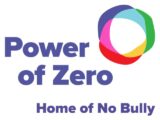
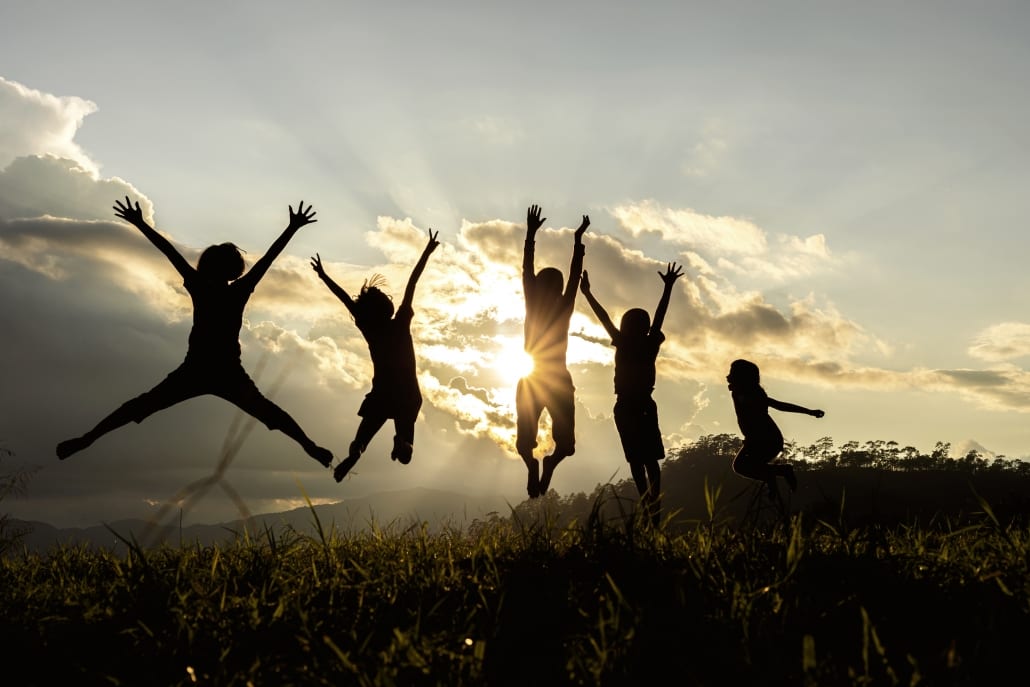

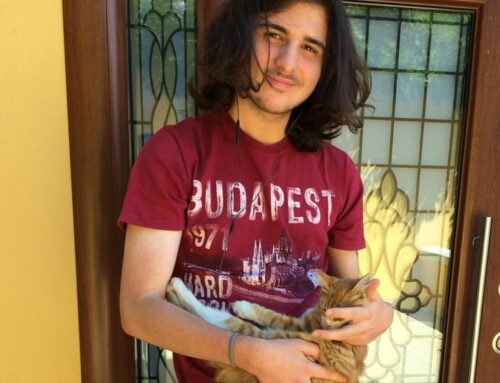
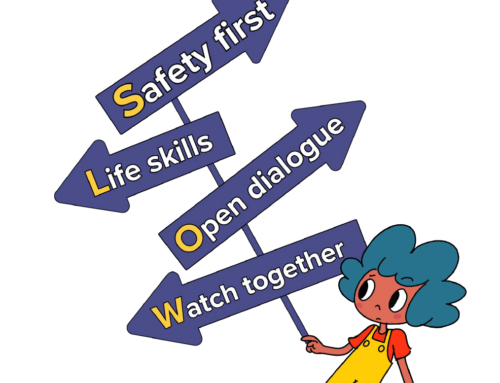
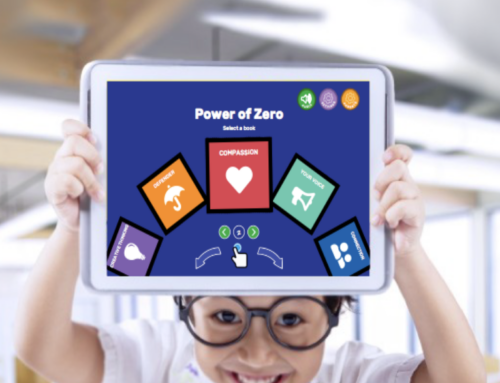
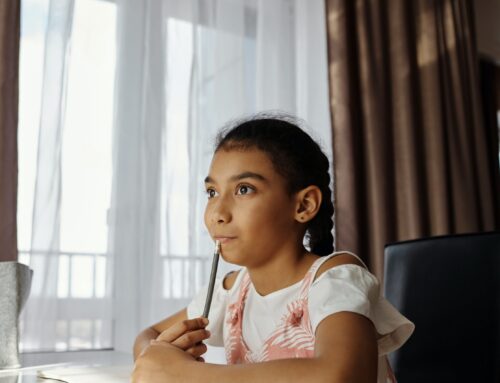
Leave A Comment